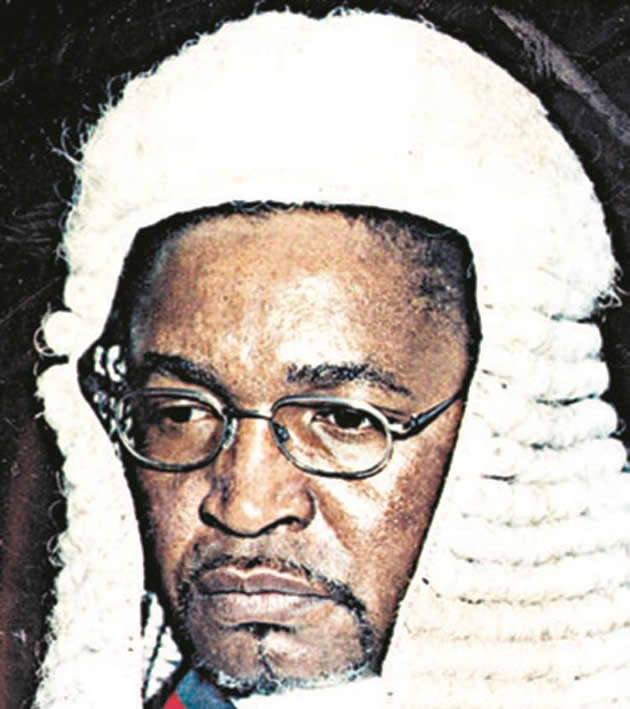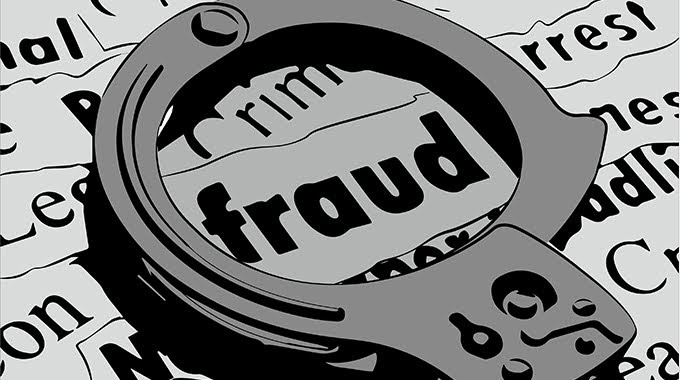High Court judge decries surge in murder cases

From Abel Zhakata in Mutare
THE high prevalence of murder cases is a sad reflection of our society and a cause for concern for any right-thinking citizen, a High Court judge has said.
Officially opening the 2017 legal year in Mutare yesterday, Justice Charles Hungwe bemoaned the rising number of murder cases, which he said constituted the bigger share of the cause list for the High Court circuit which sits in the eastern border city for the next two weeks.
“The cause list for this circuit, as usual, consists in the main, of murder cases. The high incidence of this violent crime is a sad reflection of society itself.
“It is a cause for concern for any right-thinking citizen. It demands that we reflect as to the underlying causes of the rise in this type of crime.
“As the courts, we do not profess to be experts in proffering the sociology of crime. We are part of that system which has to deal with the crime as part of the justice system,” he said.
Justice Hungwe said despite having a huge backlog, the circuit did well to clear some of the cases last year.
“I am delighted to give you a run-down of the statistics of how this circuit fared last year.
As I pointed out on a similar occasion last year, our clearance rate can hardly deal with the ever-increasing build-up of the backlog. What is gratifying is that we were able to complete all the 53 cases set down for the period under review.
“The reason for this was the outstanding effort and hard work by all the stakeholders, who include the police, who investigated and ensured that witnesses were present when required; the National Prosecuting Authority personnel, who perused dockets, set down the matters for trial and efficiently prosecuted the suspects; the Prisons and Correctional Services, who ensured that those held in custody were timeously brought to court in spite of the difficulty of securing resources for the task; the court staff who ensured that the system ran like an oiled machine notwithstanding the resource constrain associated with it all,” he said:
“Without the assessors and interpreters, our work would not have been what it is. Without the legal practitioners who devoted their time, skill and knowledge, the rate of clearance would certainly have looked very different.
“It is due to the fact that the legal profession in Mutare is keenly aware of its duty to the needy that we have been able to secure pro deo services for the suspects on trial.”
Criminal justice, said Justice Hungwe, implies that citizens are equally affected by the provisions of criminal codes and are treated equally in the process of making, enforcing, interpreting and administering criminal law.
“Therefore, if access to criminal justice within the legal system is mediated by class, education, income, gender, age, ethnicity or race, the outcome will inevitably be unjust, irrespective of whether due process had been followed.”










Comments